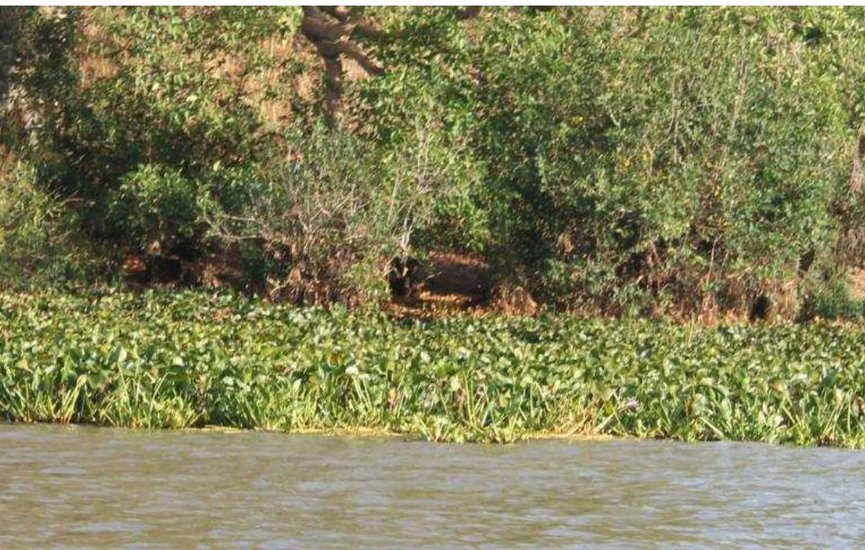On the shores of Lake Naivasha, dense mats of water hyacinth are suffocating aquatic life, blocking sunlight, and wreaking havoc on local fisheries. However, for Kenyan engineer Joseph Nguthiru, this invasive plant became an opportunity to tackle both environmental degradation and plastic pollution.
Nguthiru, the founder and CEO of HyaPak, is leading a startup that transforms water hyacinth into biodegradable alternatives to plastic. By doing so, he’s not only creating eco-friendly products but also providing local employment.
“Water hyacinth is the world’s most invasive aquatic weed,” says Nguthiru. “It disrupts aquatic ecosystems, harms fishing, hinders irrigation, and even raises malaria risks.”
HyaPak’s flagship innovation is its biodegradable seedling bags, which are directly planted into the soil, releasing nutrients as they decompose. This process accelerates plant growth and eliminates plastic waste.
“Our products mimic plastic in feel and function, but decompose quickly, addressing two major problems at once,” he explains.
To date, Nguthiru and his team have cleared over 20 acres of water hyacinth from Lake Naivasha. Their remarkable work has earned him the 2025 Young Champion of the Earth Award from the United Nations Environment Programme (UNEP).
